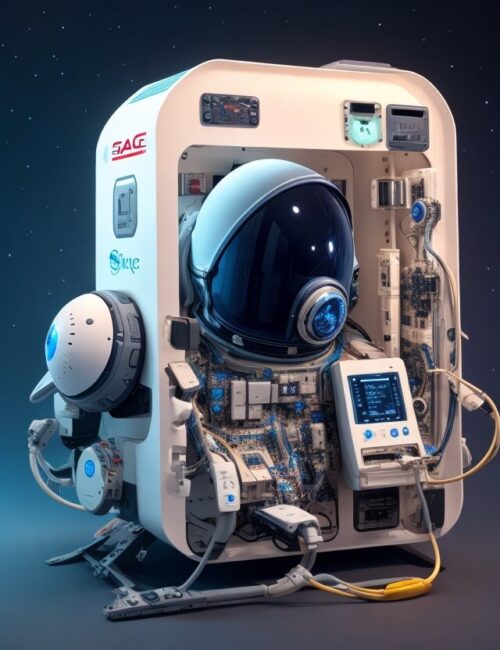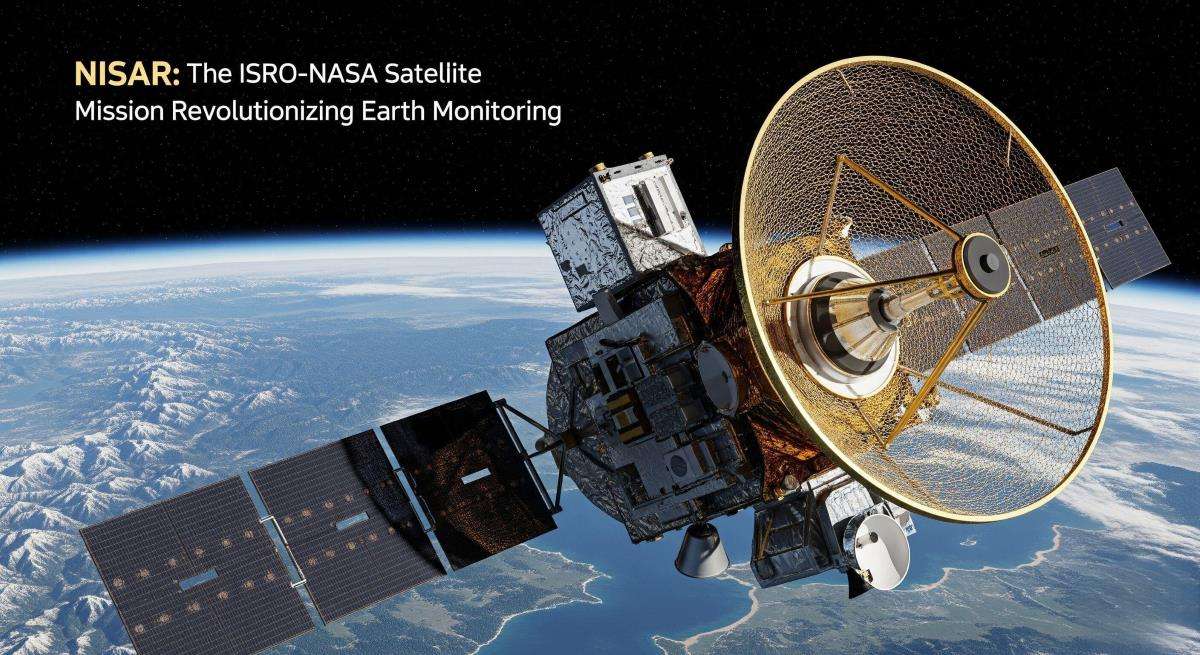The advancements in space grade electronics have far-reaching implications beyond the cosmos. As technology continues to evolve, these innovations are not only shaping the future of space exploration but also creating new career opportunities and investment prospects across various sectors. In this blog post, we will delve into the significance of space-grade electronics, their influence on future careers, and the potential benefits they offer in both the stock market and other industries.
Table of Contents

Space Grade Electronics: A Brief Overview
Space-grade electronics refer to electronic components and systems specifically designed and manufactured to withstand the harsh conditions of outer space. These components must endure extreme temperatures, radiation, and vacuum environments, making them highly durable and reliable. As our reliance on technology grows, the demand for more robust and efficient electronics has led to significant advancements in this field.

Future Careers in Space Grade Electronics
- Electronic Design Engineers: Professionals skilled in designing circuits and systems that can operate flawlessly in space conditions are in high demand. These engineers develop solutions that are not only reliable for space missions but also contribute to innovations in consumer electronics.
- Materials Scientists: Developing materials that can withstand the rigors of space is a critical aspect of space-grade electronics. Materials scientists work on creating new materials that offer improved performance, durability, and energy efficiency.
- Software Developers: Space-grade electronics rely heavily on sophisticated software systems. Software developers who can design, test, and maintain software for space applications are essential to the industry.
- Quality Control Specialists: Ensuring that space-grade electronics meet stringent quality standards is crucial. Quality control specialists play a vital role in testing and validating components to guarantee their reliability.

Investment Opportunities in Space Grade Electronics
- Aerospace Companies: Investing in companies that design and manufacture space grade electronics for satellites, spacecraft, and space exploration missions can yield substantial returns as the demand for satellite-based communication and Earth observation increases.
- Technology Manufacturers: Companies producing electronic components that find applications beyond space, such as in autonomous vehicles, medical devices, and renewable energy systems, are likely to benefit from the expertise developed in space-grade electronics.
- Semiconductor Industry: Space grade electronics often push the boundaries of semiconductor technology. Investing in semiconductor manufacturers can lead to gains as their innovations find broader use in consumer electronics and other sectors.
Benefits Across Other Sectors
- Medical Technology: The ruggedness and reliability of space grade electronics can be applied to medical devices used in remote or extreme environments, enhancing patient care and treatment outcomes.
- Automotive Industry: Space grade electronics can contribute to the development of more resilient and efficient automotive systems, including self-driving technology and electric vehicle components.
- Energy Sector: The demand for high-performance electronics in renewable energy systems, smart grids, and energy storage solutions can benefit from the reliability standards set by space-grade electronics.
Conclusion
The realm of space grade electronics offers more than just advancements in space exploration. It opens doors to exciting career prospects for engineers, scientists, and developers, while also presenting investment opportunities that extend beyond the stock market. As these innovations permeate various industries, the influence of space grade electronics on technology, reliability, and efficiency will undoubtedly shape the way we interact with and benefit from technology in the future.
Frequently Asked Questions (FAQs)
1. What are space-grade electronics?
Space-grade electronics are specialized components and circuits designed to operate in extreme space conditions, including radiation, vacuum, and extreme temperatures. These electronics are rigorously tested to ensure long-term reliability in satellites, spacecraft, and deep space missions.
2. How do space-grade electronics differ from commercial electronics?
Unlike commercial electronics, space-grade components are built with enhanced durability, radiation tolerance, and thermal stability. They’re made to withstand harsh environments where failure is not an option.
3. Which industries use space-grade technology on Earth?
Many industries now adopt space-grade technology, including aerospace, defense, medical devices, electric vehicles, AI robotics, and high-performance computing. These sectors rely on rugged and reliable systems that were originally developed for space missions.
4. What career opportunities exist in space-grade electronics?
This growing field offers careers in electronic design, embedded systems, hardware testing, space mission engineering, and satellite technology. Engineers and developers with skills in radiation-hardened circuits and high-reliability systems are in high demand.
5. Are space-grade electronics a good area for investment?
Yes. As the global space economy expands—alongside private players like SpaceX, Blue Origin, and ISRO—the demand for space-grade components is surging. Investors are eyeing companies involved in advanced semiconductors, aerospace R&D, and deep tech as prime opportunities.
6. How do I get started in the field of space electronics?
You can begin by pursuing a background in electrical or aerospace engineering, followed by specialized training in radiation-hardened design, embedded systems, and space mission simulations. Certifications and internships with space agencies or defense firms can boost your entry.
7. Is space technology useful for everyday consumer electronics?
Yes, many innovations first developed for space—like GPS, camera sensors, and wireless communication protocols—have made their way into smartphones, cars, and smart home devices.





